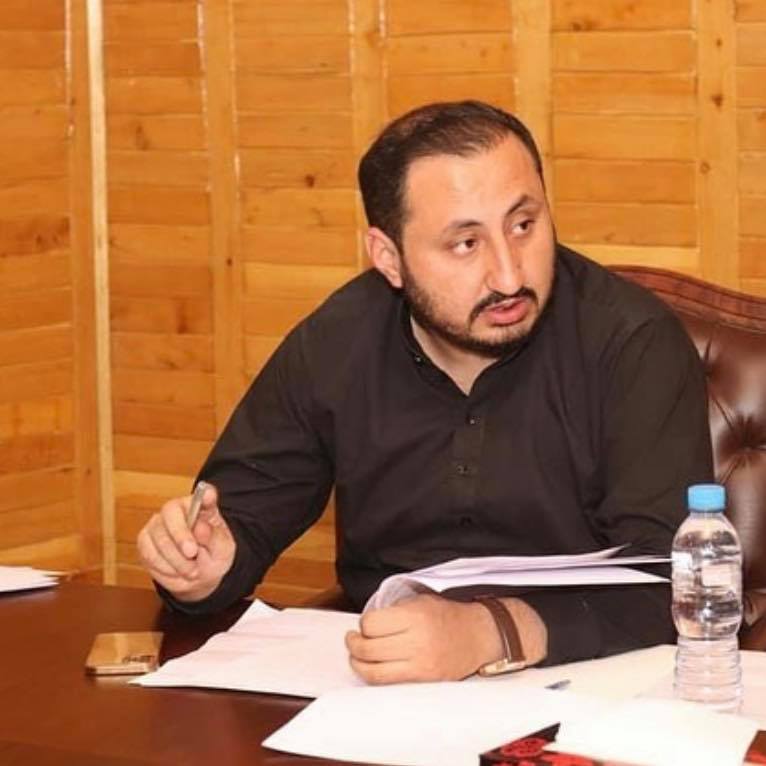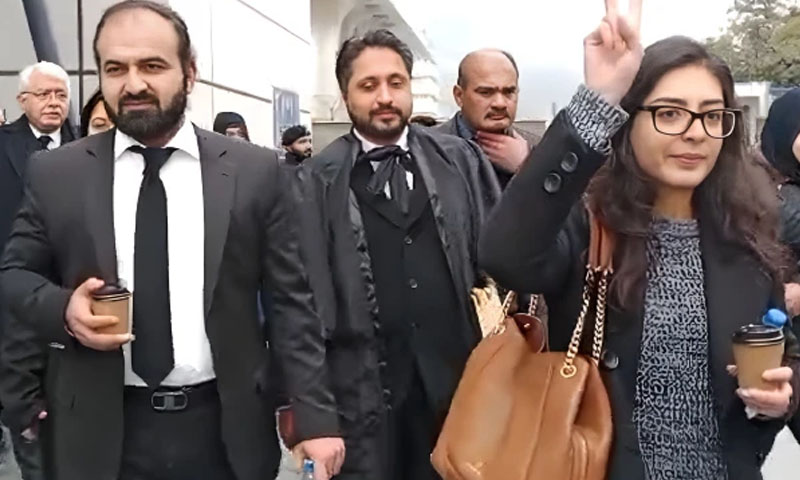- Web Desk
- Today
GB health, law minister Suhail Abbas resigns over ‘dictation’
-

- Tanveer Abbas
- May 17, 2024

GILGIT: Citing dictation, particularly by the Chief Minister and a few ministers, Gilgit-Baltistan Minister of Health, Law, and Parliamentary Affairs Syed Suhail Abbas has tendered his resignation and announced to join opposition benches
“I, Syed Suhail Abbas, do hereby tender my resignation as Minister Health, Law and Parliamentary Affairs Government of Gilgit-Baltistan,” reads his resignation sent to Gilgit-Baltistan Governor Syed Mehdi Shah.
Syed Suhail Abbas was elected as a member of the Gilgit-Baltistan Assembly in November 2020 on PTI ticket. In his resignation statement shared on social media, Abbas expressed his gratitude to the people of his constituency, founding chairman Imran Khan, party leadership, and former Chief Minister and President of Pakistan Tehreek-e-Insaf Gilgit-Baltistan, Khalid Khurshid, for their support, which allowed him to be a part of the assembly and the cabinet.
Reflecting on the events leading to his resignation, Abbas recalled the July 5th incident when party members gathered to vote for their candidate, Raja Azam. The Supreme Appellate Court issued a stay, postponing the Chief Minister’s election for a week. During this period, the party candidate announced his dissociation from the party, forming a Hum Khayal (like-minded) group. Abbas mentioned that communication with the party leadership was nearly impossible during this tumultuous time.
He said prominent figures from Diamer, including current assembly members, approached him, urging him to join the government to help maintain peace and stability amid rising sectarian tensions in Gilgit-Baltistan. Given that the party candidate had dissociated, Abbas joined the government at the insistence of these leaders for the sake of regional peace.
Pakistan’s youngest vlogger Shiraz says ‘good bye’
Abbas said despite his efforts to work independently over the past ten months, he faced undue interference and dictation on several critical and sensitive issues. He stated that for him, the significance of positions was negligible compared to the rights of the people of Gilgit-Baltistan. He mentioned receiving advice from friends in high positions to silently sign off on matters to avoid complications, but he remained steadfast in his commitment to not compromise on any national issue of Gilgit-Baltistan.
Highlighting the issues within the current government, Abbas criticized the manner of interference and dictation, particularly by the Chief Minister and a few ministers. He condemned the nepotism, the breach of merit, and the prejudiced decisions being made. Important decisions, he claimed, were being taken elsewhere, with cabinet members being informed a month later. Protests against the practice of making decisions through circulation went unheard.
Given these circumstances, Abbas said, he found it impossible to continue as a minister and a part of the government. He emphasized his unwavering stance on national issues and his vocal participation in committees and cabinet meetings, particularly on the issue of interim constitutional province status. Consequently, Abbas resigned from his ministerial position and announced his decision to join the opposition benches, effective immediately.




